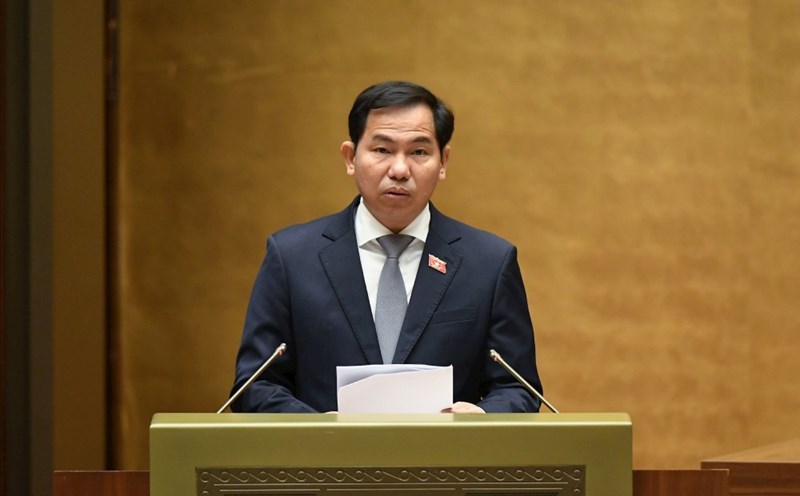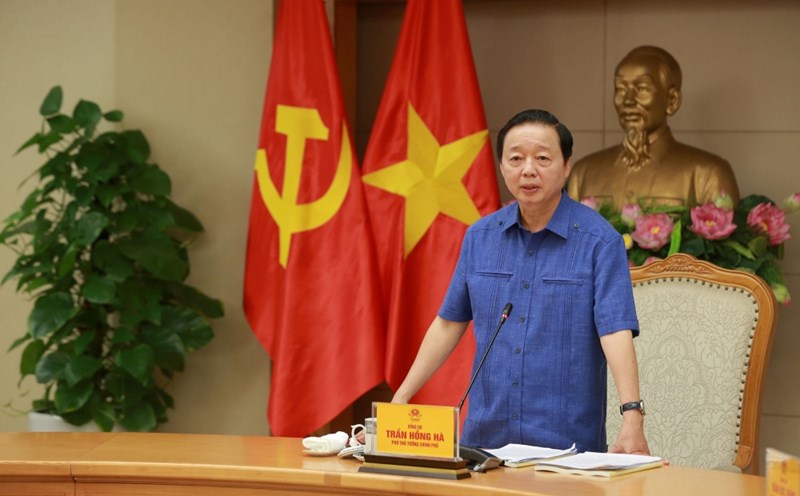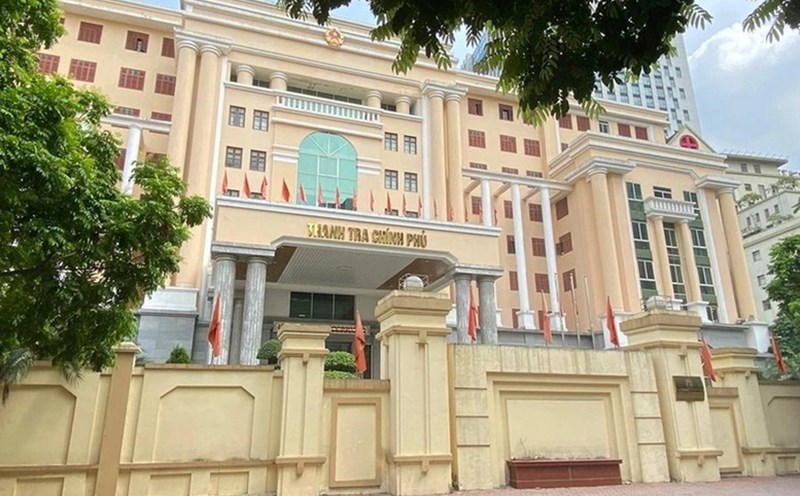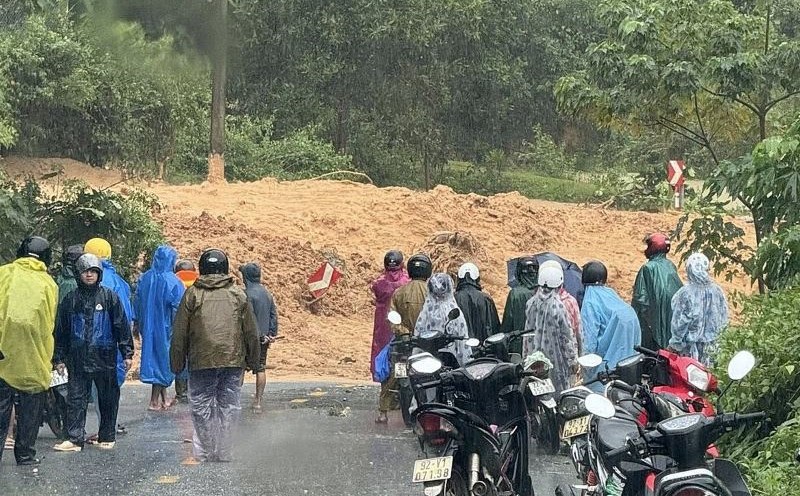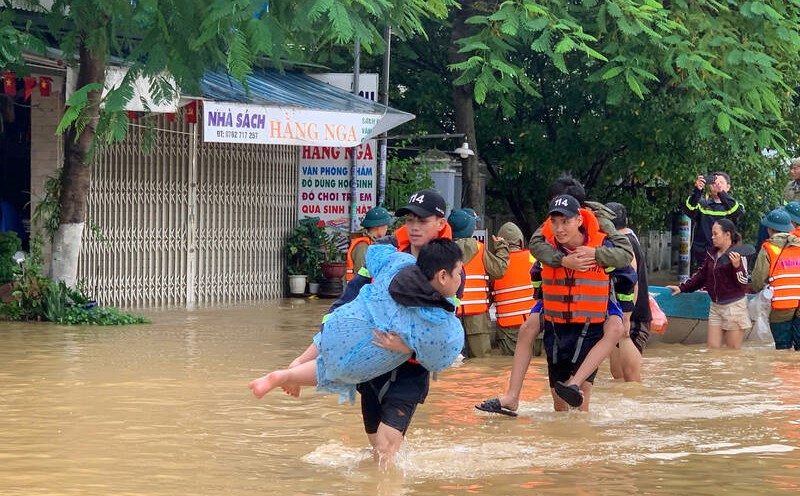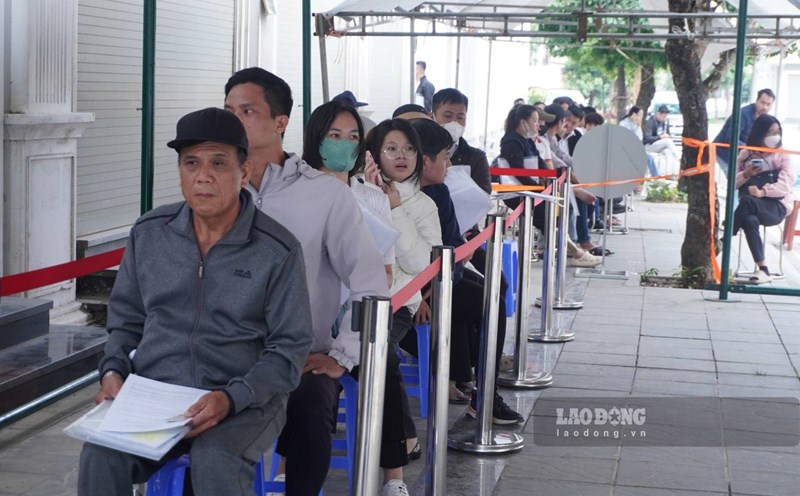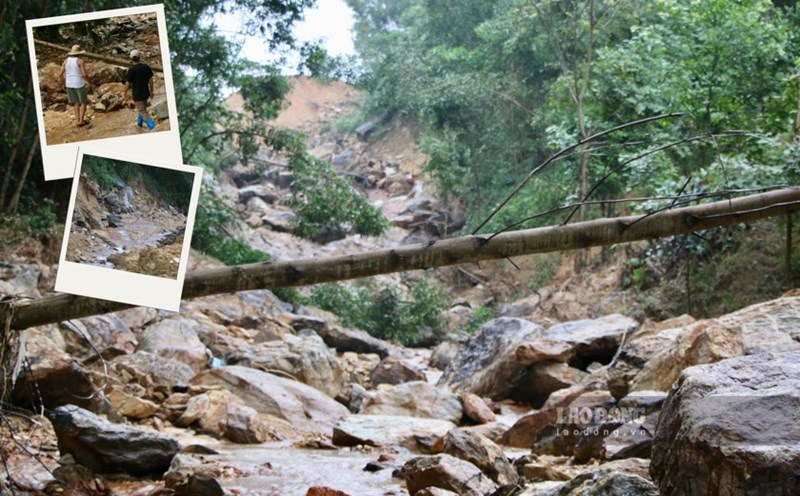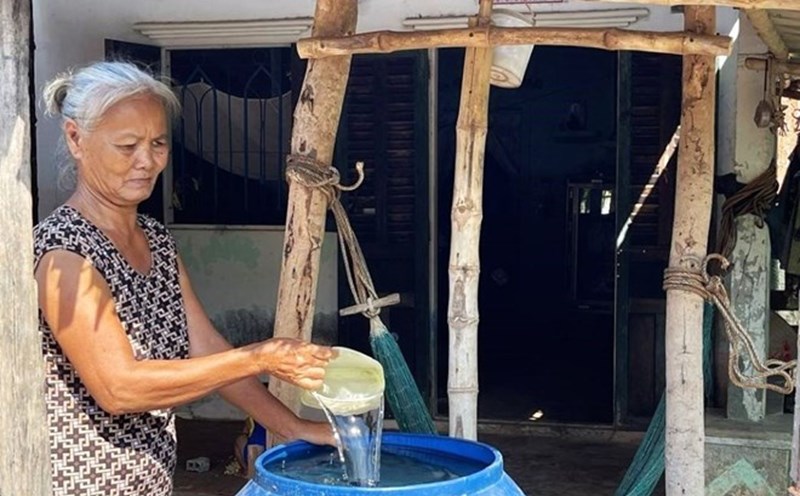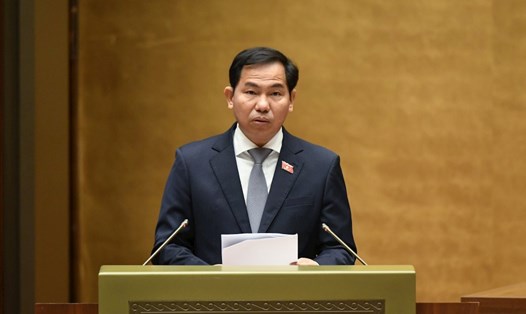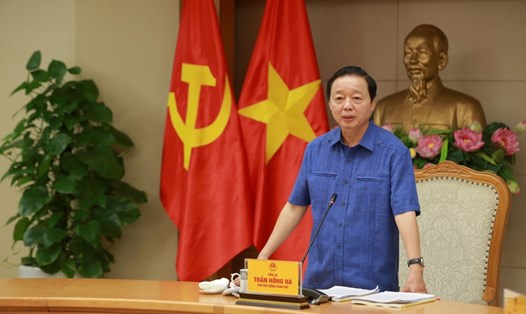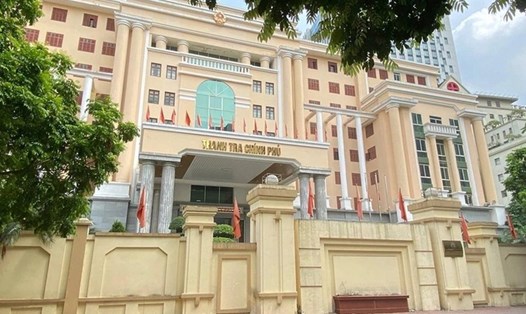On the morning of October 28, continuing the program of the 10th Session, the National Assembly discussed in the hall the report of the Supervisory Delegation and the draft Resolution of the National Assembly on the results of the thematic supervision of "implementation of policies and laws on environmental protection since the Law on Environmental Protection 2020 took effect".
Delegate Thach Phuoc Binh (Vinh Long Delegation) stated that pollution control work has made progress but is not sustainable. Many landfills that have existed for decades such as Nam Son (Hanoi), Khanh Son (Da Nang) ... are still "environmental hot spots".
Air and water pollution is getting worse. In Hanoi, there are times when PM2.5 fine dust exceeds the WHO warning threshold by 5-7 times, affecting the health of millions of people.
According to the delegate, waste classification at new sources has reached about 15% of households; many businesses still consider environmental costs as a "burden" instead of "investing in the future".
All of these show that the Vietnamese environment is at the "endurance level". If there is no drastic change, the cost of treatment will be much higher than the cost of prevention.
From there, the delegate suggested that the Government should issue a policy of "national green finance", issue climate bonds, establish a local green fund and provide tax incentives for businesses investing in clean technology. Because according to delegate Thach Phuoc Binh, "a single penny spent on the environment today will save dozens of dong on healthcare and overcome natural disasters tomorrow".
At the same time, build a national digital pollution map, update in real time, helping people "see" the quality of the environment every hour. All pollution incidents must be reported within 24 hours - transparently, the "anti- indifference vaccine" dosage.
"If we do not act strongly today, tomorrow, all economic achievements will be swept away by polluted water and suffocated air," said the delegate.
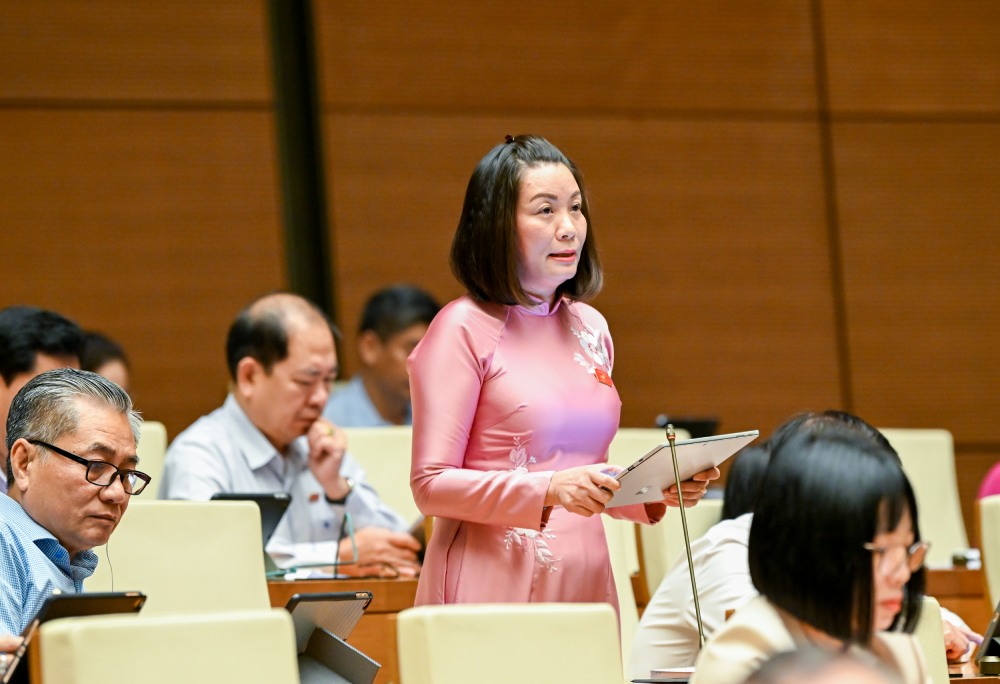
Delegate Nguyen Minh Tam (Quang Tri Delegation) said that the report had not yet established a "responsibility tie". We are still not sure who is responsible for not achieving the target, what are the sanctions mechanisms, how is the inspection, disclosure, and handling process?
Therefore, the delegate suggested that the Government boldly publicize the compliance rankings of provinces/cities (tourist destinations, supermarkets, hotels meeting the "no-onset plastic" standard).
The delegate proposed revoking the license/reducing the re-offending facility and even needing to have strong sanctions against provinces that do not meet the environmental commitment targets, they can reduce or retain a part of the allocation of environmental career resources next year; provinces that exceed the standard can receive increased spending bonuses.
The delegate suggested that this monitoring Resolution should be an implementation Resolution: Clear people - clear work - clear deadlines - clear results; accompanied by budget bonuses - fines; sanctions for "not doing" behavior; and a mechanism for data disclosure for the whole society to monitor.
If possible, the delegate believes that the targets set by the draft - reducing air pollution, increasing the rate of urban wastewater treatment, reducing landfill, operating a carbon market, converting green - will quickly shift from document to cleaner air, cleaner rivers, more livable urban areas and achieving the goal of "turning waste into resources" into reality.
Delegate Trinh Thi Tu Anh (Lam Dong Delegation) said that in order to improve the effectiveness of existing tax and fee tools, it is necessary to consider adjusting the tax/ charge level to accurately reflect environmental costs, and expanding the application to uncontrolled polluting activities.
It is necessary to strictly apply the principle of "polluting people must pay" and encourage green initiatives by reducing taxes or paying for environmental services.

